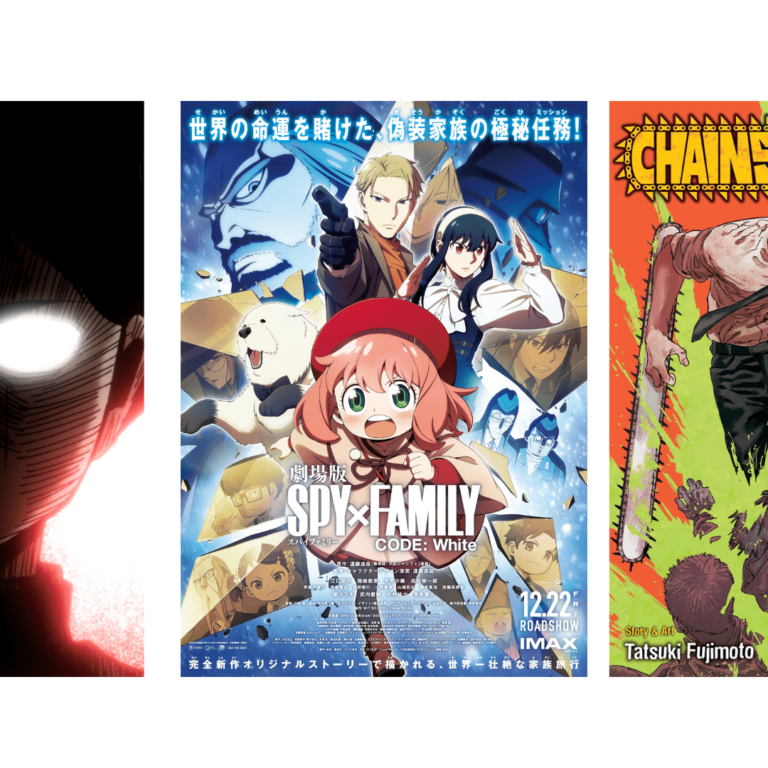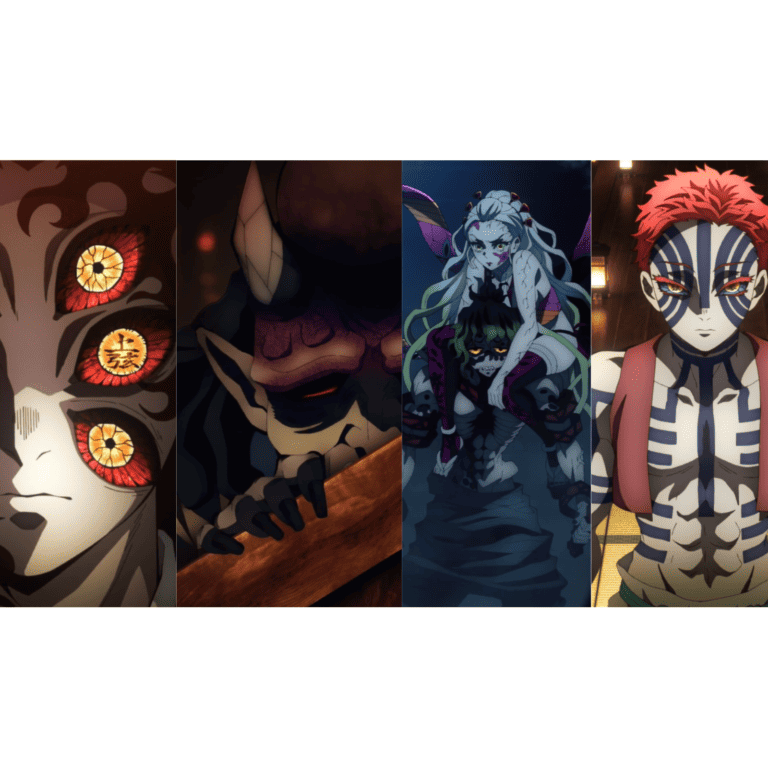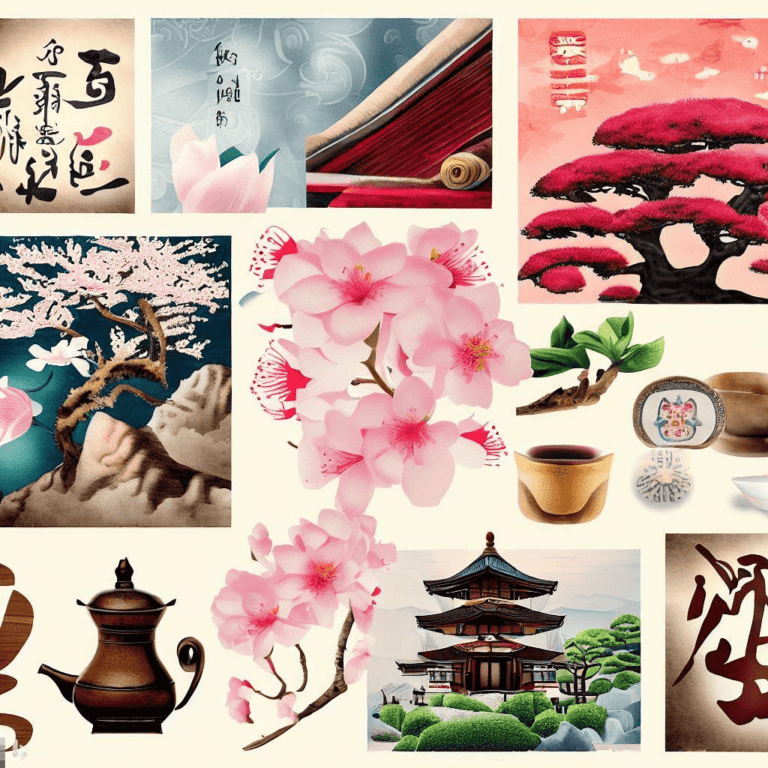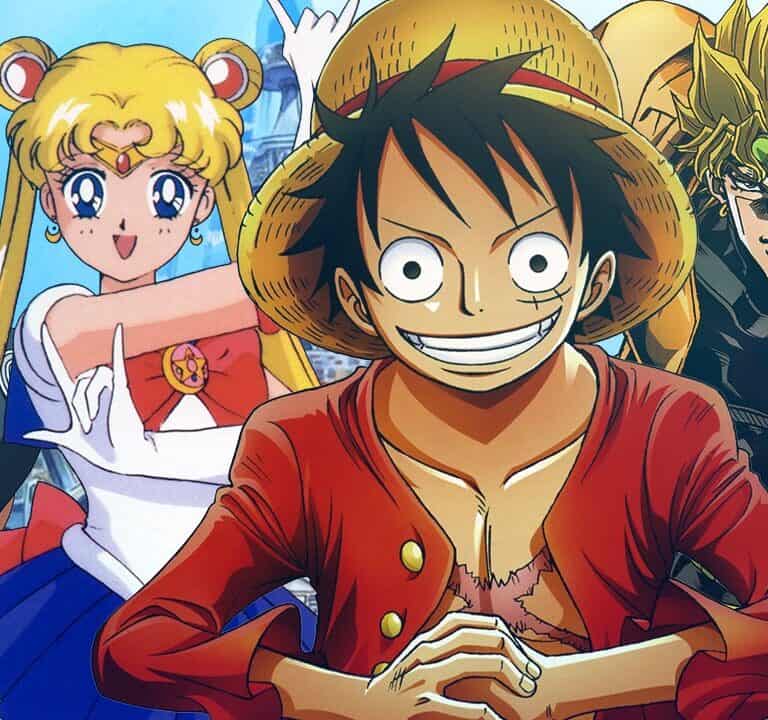The Impact of Dragon Ball on Pop Culture
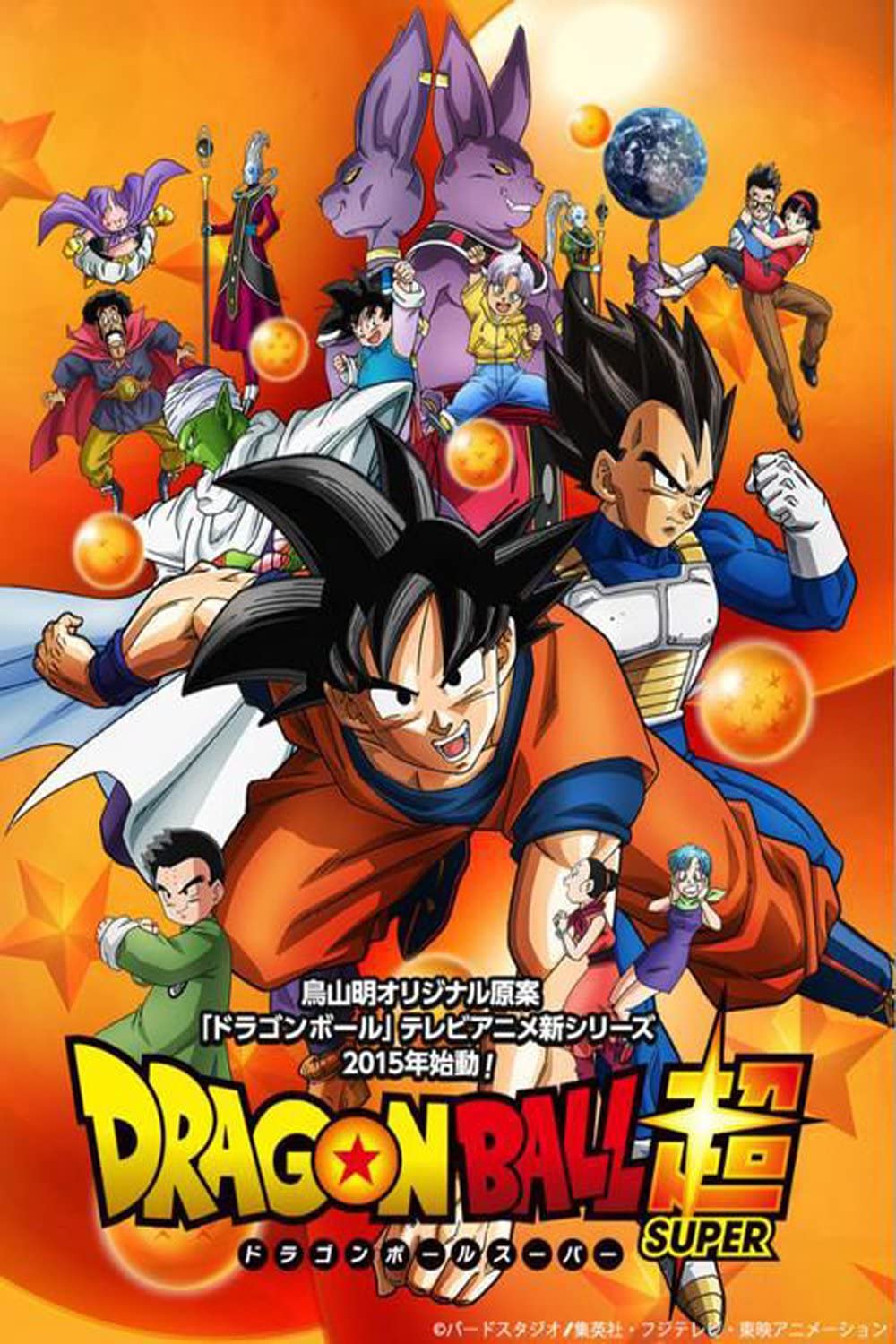
Introduction
Dragon Ball, a beloved Japanese anime and manga series created by Akira Toriyama, has left an indelible mark on global pop culture. Since its inception in the 1980s, this iconic franchise has captivated audiences with its thrilling storylines, dynamic characters, and powerful themes. In this article, we delve into the far-reaching impact of Dragon Ball on pop culture, exploring how it has influenced everything from entertainment to fashion and beyond.
Table of Contents
- Introduction
- The Birth of Dragon Ball
- Cultural Penetration
- Media and Entertainment
- Societal Impact
- Continued Relevance
- Conclusion
- FAQs
The Birth of Dragon Ball
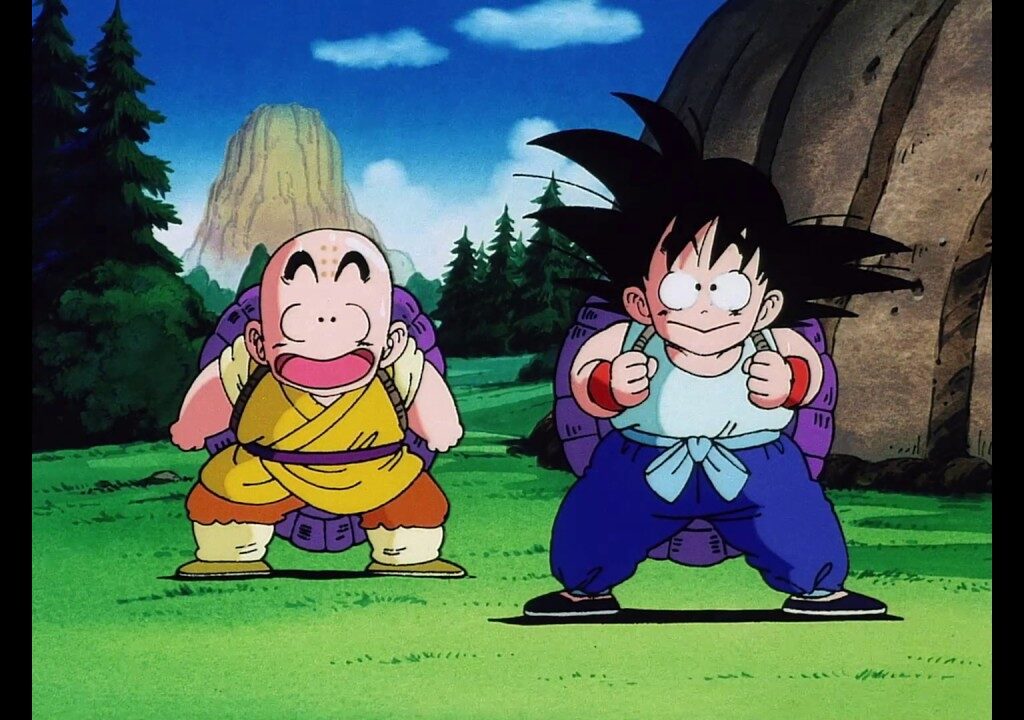
1. The Genesis of a Legend
Dragon Ball made its debut in 1984 as a manga series in Weekly Shōnen Jump magazine. With its unique blend of martial arts, fantasy, and adventure, the story follows the journey of Goku, a Saiyan warrior, as he seeks the mystical Dragon Balls. These magical orbs grant wishes and set the stage for epic battles and unforgettable adventures.
2. Evolution into Anime
The manga’s popularity led to the creation of an anime adaptation, Dragon Ball, which aired in 1986. This transition from page to screen introduced the series to a wider audience, setting the groundwork for its widespread cultural influence.
Cultural Penetration
3. Global Popularity
Dragon Ball’s universal themes of friendship, perseverance, and the struggle between good and evil resonate across cultures and languages. The show’s availability in various languages and countries has contributed to its massive worldwide fanbase.
4. Shaping the Shonen Genre
The success of Dragon Ball played a pivotal role in shaping the shonen anime and manga genre. Its emphasis on intense battles, character development, and overarching narratives became a blueprint for many subsequent series.
5. Cosplay and Fashion
The distinctive costumes of Dragon Ball characters, such as Goku’s iconic orange gi, have become emblematic in the cosplay community. Fans worldwide participate in conventions and events dressed as their favorite characters, contributing to a vibrant cosplay culture.
Media and Entertainment
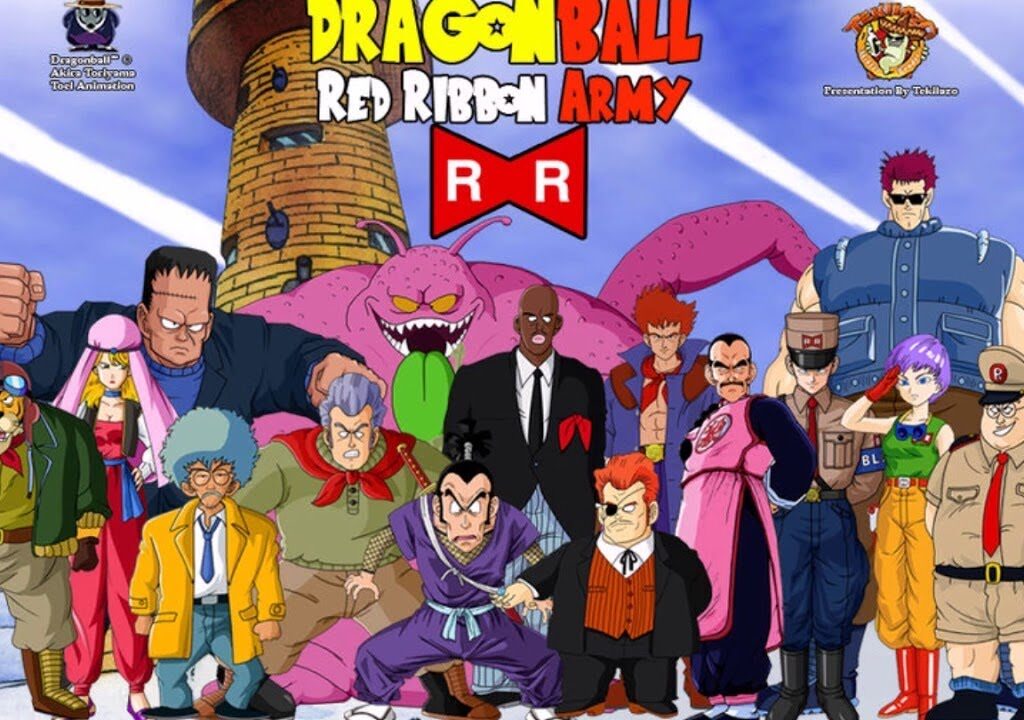
6. Influence on Video Games
Dragon Ball’s action-packed scenes and powerful characters naturally lent themselves to the world of video games. The franchise has spawned a multitude of games across various platforms, allowing fans to immerse themselves in the Dragon Ball universe.
7. Memes and Internet Culture
The internet age has given rise to a plethora of Dragon Ball-inspired memes and viral content. Scenes like Goku’s “Instant Transmission” and Vegeta’s “Over 9000” power level have become integral parts of online humor.
Societal Impact
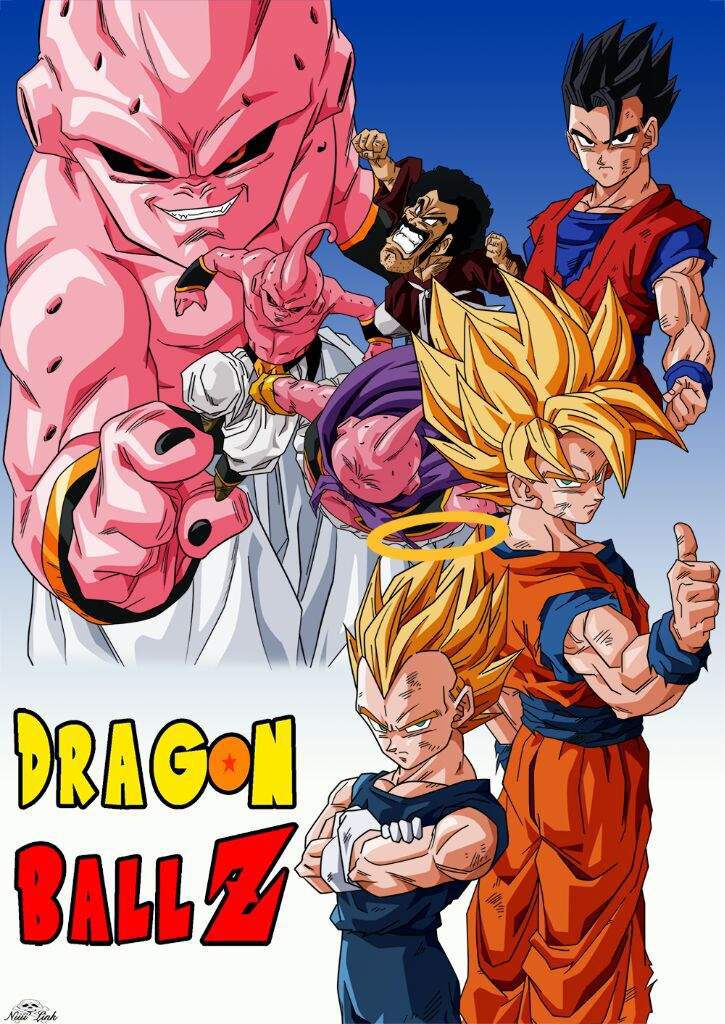
8. Martial Arts and Fitness
The series’ emphasis on martial arts has motivated many fans to take up various forms of physical training. Goku’s determination and training routines have inspired individuals to pursue healthier lifestyles and martial arts practices.
9. Language and Catchphrases
Dragon Ball introduced a range of catchphrases and unique terminology into popular lexicon. Phrases like “Kamehameha” and “Super Saiyan” have become cultural touchpoints, instantly recognizable even to those unfamiliar with the series.
Continued Relevance
10. Resurgence and Spin-offs
Dragon Ball’s impact has endured over the decades, with new series such as “Dragon Ball Super” reigniting interest in the franchise. Spin-offs, movies, and merchandise ensure its continued presence in modern pop culture.
11. Collaborations and Crossovers
The influence of Dragon Ball extends beyond its own universe through collaborations with other media franchises. Characters from the series have appeared in various crossovers, bridging the gap between different fictional worlds.
Conclusion
In conclusion, Dragon Ball’s impact on pop culture is undeniable. From its humble beginnings as a manga to its global dominance in anime, gaming, and beyond, the franchise has left an indelible legacy. Its themes of courage, friendship, and self-discovery continue to resonate with fans of all ages, making Dragon Ball a timeless cultural phenomenon.
FAQs
- Q: What is Dragon Ball’s origin? A: Dragon Ball originated as a manga series created by Akira Toriyama in 1984.
- Q: Why is Dragon Ball so popular? A: The series’ compelling characters, epic battles, and universal themes have contributed to its widespread popularity.
- Q: Which character is the most iconic? A: Goku, the main protagonist, is widely considered the most iconic character due to his journey and growth.
- Q: How has Dragon Ball influenced fashion? A: Dragon Ball’s character costumes have inspired cosplay enthusiasts and even fashion trends.
- Q: Is Dragon Ball still relevant today? A: Yes, with new series, movies, and merchandise, Dragon Ball remains relevant and continues to attract new fans.
